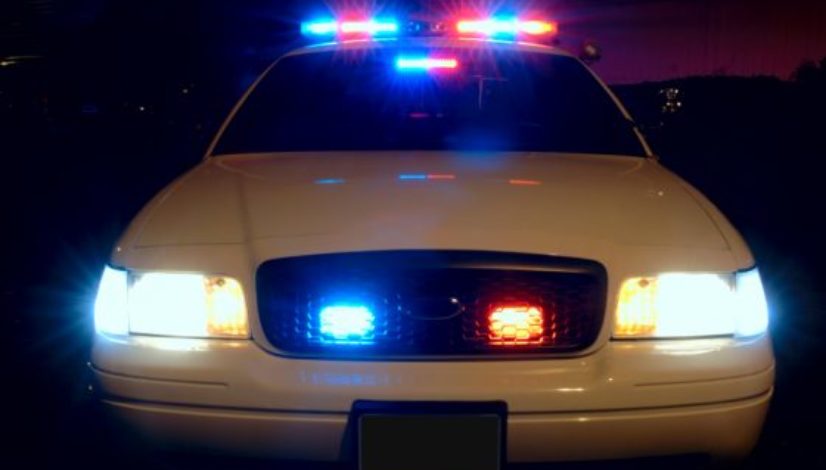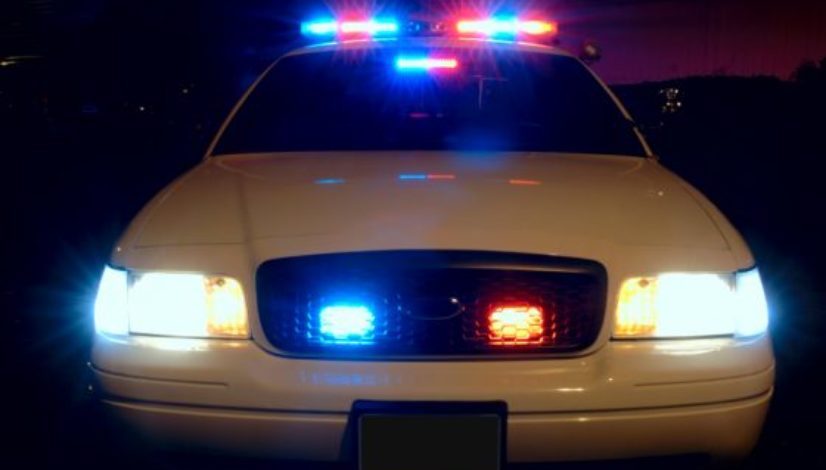NY attorney general’s office investigating Buffalo police drug checkpoints

Published: Dec 7, 2017, 2:53 pm • Updated: Dec 7, 2017, 2:53 pm
By Maki Becker, The Buffalo News
State Attorney General Eric T. Schneiderman’s office is investigating the Buffalo Police Department’s use of traffic checkpoints and enforcement sweeps inside public housing developments, The Buffalo News learned Wednesday.
The investigation follows a complaint filed by members of Black Lives Matter Buffalo and other community groups on Aug. 31 with the Attorney General’s Office accusing the Buffalo Police Department of engaging in a “repeated, persistent and widespread pattern of unconstitutional policing” that targets people of color through the traffic checkpoints and enforcement sweeps by the police department’s Housing Unit in Buffalo Municipal Housing Authority-run housing developments.
The AG’s Office sent a letter to the Buffalo Police Department on Wednesday, requesting a series of documents as part of its investigation.
Among the kinds of documents the AG’s Office is seeking are any guidelines given to police officers or their supervisors on how to conduct vehicle checkpoints, about how the locations for vehicle checkpoints or roadblocks are selected and the reasons for conducting them. The letter, which The News reviewed, is also seeking documents on the Buffalo Police Department’s procedures and agreements on providing security in BMHA housing.
The Black Lives Matter complaint was based on a study released by the University at Buffalo and Cornell University law schools based on two years of research into Buffalo police practices.
“We are excited and welcome the attorney general’s investigation into the Buffalo Police Department’s longstanding pattern of unconstitutional policing with impunity, with no accountability,” said Anji Malhotra, associate law professor at UB and co-author of the study. “Black Lives Matter is excited because this represents a move that has a potential to provide protections for our community because we feel we are at risk, that we are not safe, not protected by the police, targeted by the police.”
Keisha Williams, an attorney with the WNY Law Center which has been involved in efforts to get the Buffalo Police Department to release data about checkpoints, said the investigation could help shed light on the department’s practices. The Supreme Court has established that setting up traffic checkpoints to deter crime is “per se illegal.”
“If you have daily checkpoints in a certain area, I can’t imagine what the policy could be,” she said.
Related stories
- ACLU leader: Legalizing marijuana a “racial justice issue”
- Al Sharpton calls medical marijuana use “a civil right”
- Over 5% of all arrests in U.S. are for weed
- D.C. public weed use arrests nearly tripled last year
- New strategies for helping cannabiz owners from communities hit hard by war on drugs
Several Common Councilmen have said their constituents welcome checkpoints.
“I do think people want to feel safe in their home and neighborhood, but police have to operate within the law. People should not be deprived of life, liberty and personal property without due process,” Williams said.
A spokesman for Buffalo Mayor Byron W. Brown and Buffalo Police denied in September that the police were discriminating against minorities.
“As we said before the complaint was filed, any allegation of discrimination is completely false,” spokesman Michael J. DeGeorge said Wednesday. “Since that complaint is currently being litigated, any further comment on this matter would be inappropriate at this time.”
The law schools’ study, called “Authority without Accountability,” found that:
– By 2014, African-Americans in the City of Buffalo were five times more likely to be arrested (up from 4.25 in 2010) and 14 times more likely to be detained (up from nearly 11 times in 2010) than similarly situated whites.
– Between 2006 and 2015, African-Americans in Buffalo were seven times more likely to be arrested than whites for misdemeanor marijuana possession (up from four times from 1996-2005).
– Latinos, who had about the same arrest rate as whites from 1996-2005, are now more than twice as likely to be arrested for the lowest level misdemeanor marijuana possession.
– From 2013-2015, African-Americans accounted for 81 percent of all of the lowest level misdemeanor marijuana possession arrests, even though surveys consistently show that whites use marijuana as much or more than blacks.
– In just two years following the implementation of daily Strike Force checkpoints in 2013, Buffalo police issued 25,000 more traffic tickets than the previous two years (2011-2012). The number grew from 40,761 to 65,862, a 62 percent increase.
The complaint accuses Buffalo police officers, at the direction of Mayor Brown, Police Commissioner Daniel Derenda and officials at Buffalo Municipal Housing Administration of:
– Stopping vehicles at checkpoints and conducting searches in housing projects without reasonable suspicion.
– Routine, unjustified pedestrian stops and arrests made without reasonable suspicion of criminal activity.
– Systematic and persistent excessive use of force in violation of the Fourth Amendment, including documented law enforcement beatings of unarmed minorities.
– Racial profiling, targeting and disparities resulting in part from intentional racial bias in violation of the Equal Protection Clause of the 14th Amendment.
The AG’s investigation follows two other separate investigations into the deaths of unarmed men involving Buffalo police officers. In February, Wardel Davis died while being taken into custody by two Buffalo officers on Hoyt Street. In May, Jose Hernandez-Rossy was fatally shot by a Buffalo police officer after, according to police, the officer mistakenly thought Hernandez-Rossy had shot his partner.
Both deaths have been ruled homicides.
Information from The Buffalo News
Topics: arrest rates, buffalo, New York, police, racial disparity, stop and frisk




